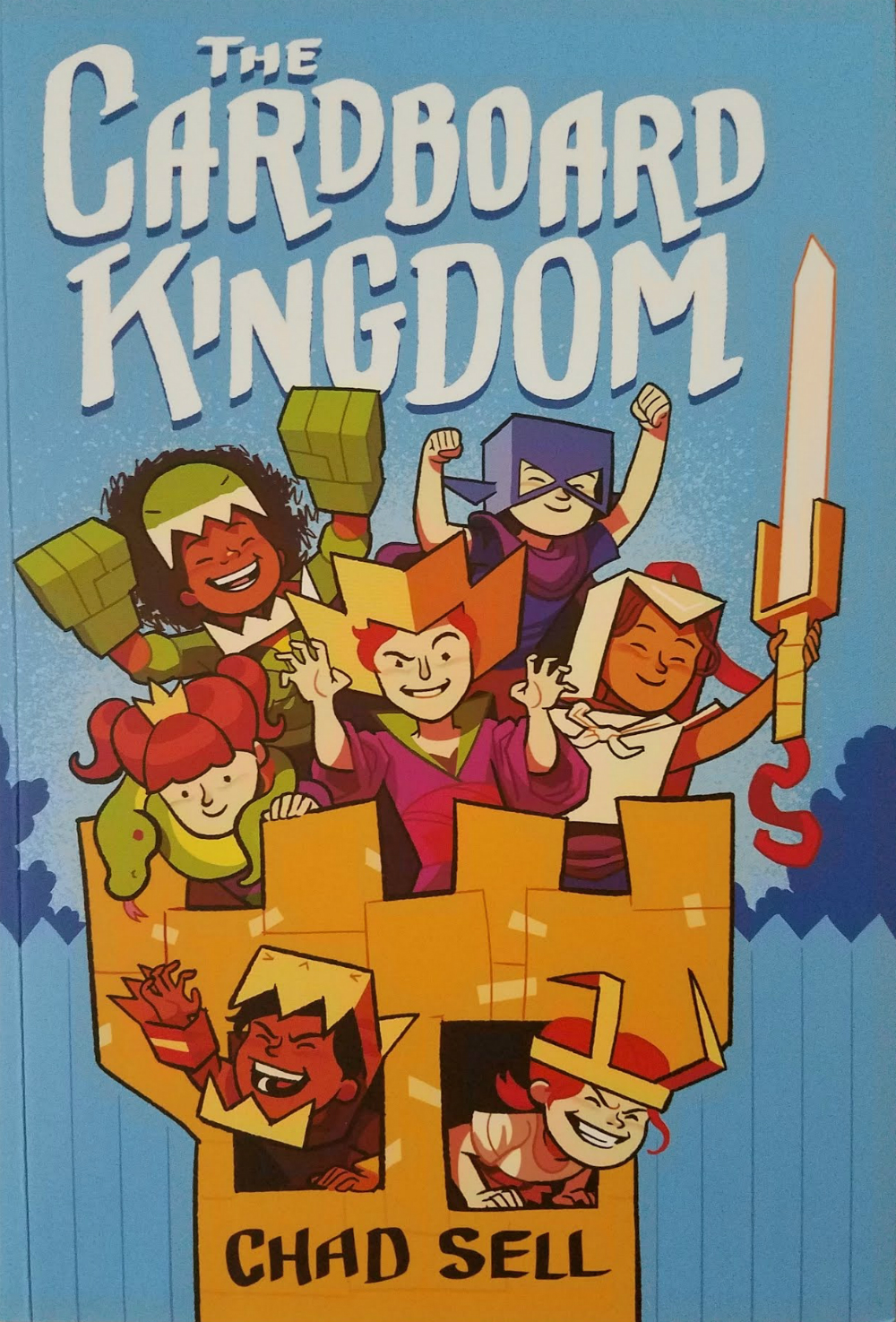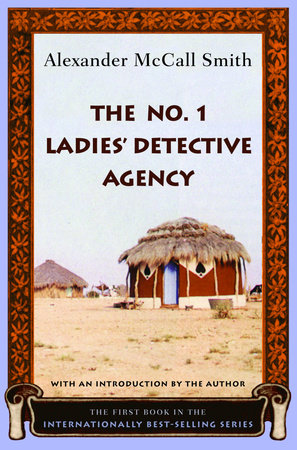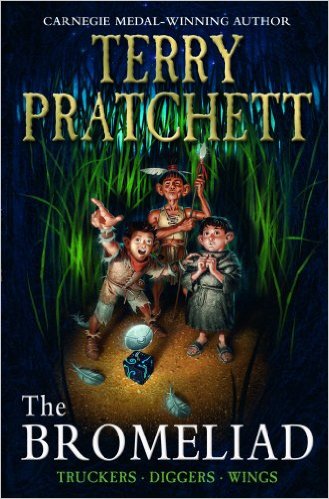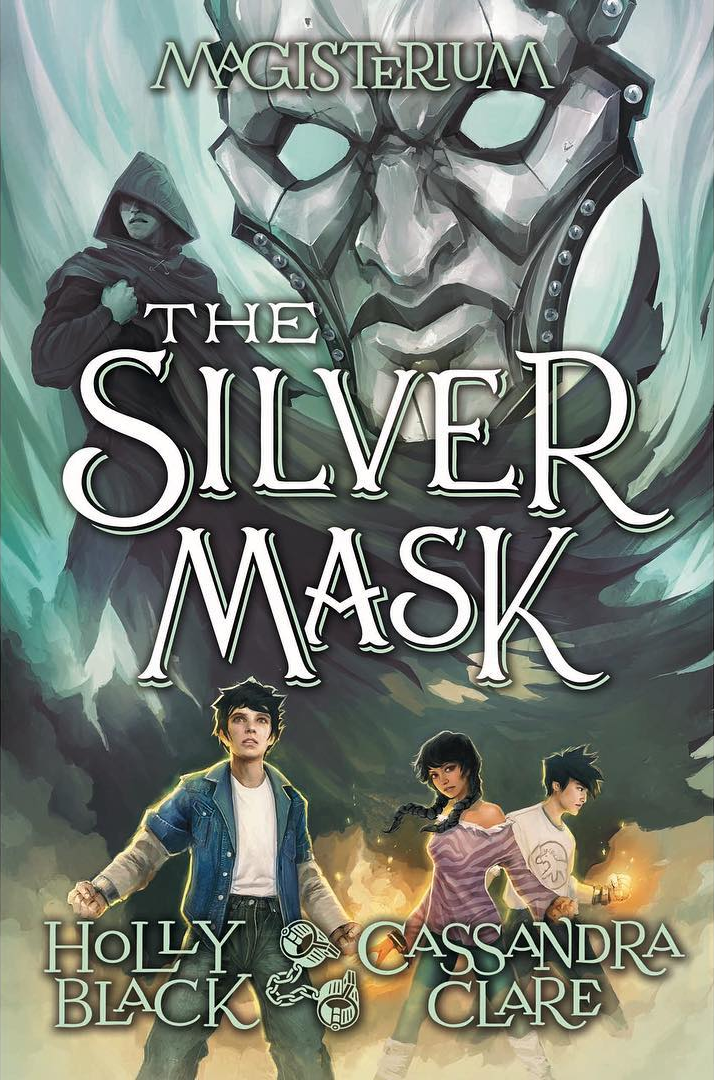[button color=”black” size=”big” link=”http://affiliates.abebooks.com/c/99844/77798/2029?u=http%3A%2F%2Fwww.abebooks.com%2Fservlet%2FSearchResults%3Fisbn%3D9781613824719″ target=”blank” ]Purchase here[/button]
Kipling, as you probably know, was a British author with strong ties to India. But you may not know that he married an American woman and wrote some of his best-loved works while living in Vermont, USA. This book in particular was inspired by the deep-sea fisherman of the New England seaboard. And it is yet another “adventure at sea” that I recommend to lovers of magical worlds, on the rationale that the sea is very much another world, strange and even magical to many of us. Certainly the vocabulary of fishing and boats is challenging and mysterious to the newly initiated, but I think many of you (boys especially) could find it a very exciting, even addicting subject. And there are other sorts of magic in this story, too– a bit of voodoo, a bit of prophecy, and a good deal about the superstitions and ghostly tales and eerie experiences that men of the sea share.
Kipling introduces us to this magical world through the character of Harvey Cheyne. Harvey is the spoiled-brat son of an American railway tycoon (year: 1896). When Harvey falls overboard off a big luxury steamer, he is rescued by a fisherman and nursed back to health on the schooner We’re Here. Her skipper is a burly Gloucester, Massachusetts-based cod fisherman named Disko Troop, whose son Dan becomes Harvey’s best friend. But before Harvey can be much more than a hindrance to everybody, he has to learn some lessons and some discipline– and Troop is just the man to provide it. For starters, when Harvey orders Troop to turn the boat around and take him back to New York, Troop decks him.
This knuckle-sandwich proves to be a life-changing moment for young Harvey, who soon adapts to the discipline of a fishing schooner, bonds with its hands, and makes his own contribution to their fishing expedition. Along the way he encounters the joys and heartbreaks of life at sea, witnesses tragedies and triumphs, and learns to appreciate people like Long Jack and Tom Platt, Uncle Salters and Penn, Manuel and the mysterious cook with his spooky, prophetic trance.
What makes this a typical Kipling story is that he zooms in on the traditions, the spoken language, and the way of life of a fascinating, noble, but little-thought-of tribe. In this case, though, the tribe is deep sea fishermen, who come together from different cultures but share in a common culture on the seas around Nova Scotia. And again, it is a depiction of a fading way of life, preserved in loving and colorful detail by a master of language and observation.
Unfortunately, Kipling is not quite the master of story-telling that say, J.K. Rowling is. What Kipling describes, he describes with haunting beauty. But the story he tells is marred by structural weakness. To be specific, the “crisis” of the story comes too soon, and is resolved too quickly, too easily. I enjoyed the book so much– indeed, I might even say I loved it– that I couldn’t help regretting that Kipling didn’t pace himself better, and draw out the development of Harvey Cheyne with better timing. It makes you appreciate the gift of storytelling that Rowling displays in her Harry Potter books, quite apart from the “way with words” in which Kipling runs circles around her. She has more of an instinct for shaping the drama of the story to fit its dimensions, to keep you guessing and on the edge of your seat until quite near the end.
Still, this remains an excellent sea adventure, with a bit of a railroad adventure at the end (complete with a demonstration of American capitalist philosophy at its peak– comparable to Kipling’s typically rosy depiction of the noble British empire and its manifest destiny). Okay, so the politics that Kipling expresses are a bit faded and out of date, but they are only part of the story– not the other way around.
There is a classic movie based on this book, starring Spencer Tracy who won an Oscar for his performance. Once you read the book, I think you’ll look forward to your chance to see the film, as I do.




